Camera Comparison: Samsung Galaxy S21 Ultra vs. Apple iPhone 11 Pro Max
In the ever-evolving world of smartphones, the camera has become a central battleground for innovation. Two giants, Samsung and Apple, have consistently pushed the boundaries of mobile photography. The Samsung Galaxy S21 Ultra (released January 2021) and the Apple iPhone 11 Pro Max (released September 2019) represent the pinnacle of their respective camera technologies at their launch times. While there is a generation gap between the two, the iPhone 11 Pro Max remains a popular choice, and its camera system is still highly regarded. This article provides an in-depth comparison of the camera systems on these two flagship devices, analyzing their hardware, software, image and video quality, and overall user experience.
1. Camera Hardware Overview

Samsung Galaxy S21 Ultra
Rear Camera Setup:
Main Wide: 108 MP, f/1.8, 1/1.33″, 0.8µm, PDAF, Laser AF, OIS
Periscope Telephoto: 10 MP, f/4.9, 240mm, 1/3.24″, 1.22µm, Dual Pixel PDAF, OIS, 10x optical zoom
Telephoto: 10 MP, f/2.4, 70mm, 1/3.24″, 1.22µm, Dual Pixel PDAF, OIS, 3x optical zoom
Ultra-wide: 12 MP, f/2.2, 13mm, 1/2.55″, 1.4µm, Dual Pixel PDAF, Super Steady video
Front Camera:
40 MP, f/2.2, 26mm, PDAF
Key Hardware Features:
Laser autofocus
Optical image stabilization (OIS) on all lenses except ultra-wide
Dual telephoto lenses for enhanced zoom versatility
Apple iPhone 11 Pro Max
Rear Camera Setup:
Main Wide: 12 MP, f/1.8, 26mm, 1/2.55″, 1.4µm, Dual Pixel PDAF, OIS
Telephoto: 12 MP, f/2.0, 52mm, 1/3.4″, OIS, 2x optical zoom
Ultra-wide: 12 MP, f/2.4, 13mm, 1/3.6″, 120˚
Front Camera:
12 MP, f/2.2, 23mm
Key Hardware Features:
Deep Fusion and Smart HDR for computational photography
OIS on main and telephoto lenses
Hardware Comparison Summary
The Galaxy S21 Ultra clearly boasts more advanced hardware, with a higher-resolution main sensor, two telephoto cameras for a broader zoom range, and a significantly higher-resolution front camera. The iPhone 11 Pro Max, while more conservative in its approach, is known for its color accuracy and consistency across all lenses.
2. Camera Software & Features
Samsung Galaxy S21 Ultra
Samsung’s camera app is packed with features:
Single Take Mode: Captures photos and videos simultaneously using all cameras, powered by AI.
Pro Mode: Manual controls for ISO, shutter speed, white balance, and focus.
Director’s View: Allows live switching between lenses while recording video.
Night Mode: Enhanced multi-frame processing for low-light shots.
100x Space Zoom: Digital zoom up to 100x, with AI-enhanced stabilization.
RAW Support: For professional editing.
Apple iPhone 11 Pro Max

Apple’s camera app focuses on simplicity and computational photography:
Smart HDR: Combines multiple exposures for balanced images.
Deep Fusion: Pixel-by-pixel image processing for detail and texture.
Night Mode: Automatically activates in low light.
Portrait Mode: Advanced bokeh and depth control.
QuickTake Video: Instantly record video from photo mode.
Slo-mo, Time-lapse, and Panorama: Well-integrated into the camera UI.
Software Comparison Summary
Samsung offers more manual control and feature-rich modes, appealing to enthusiasts and professionals. Apple’s approach is more about intelligent automation, ensuring great results with minimal user intervention.
3. Photo Quality Comparison
Daylight Photography
Galaxy S21 Ultra:
Detail: The 108MP sensor captures immense detail, especially when shooting in full resolution.
Color: Vivid and punchy, sometimes oversaturated, typical of Samsung’s image processing.
Dynamic Range: Excellent, with HDR balancing highlights and shadows effectively.
iPhone 11 Pro Max:
Detail: 12MP sensor produces sharp images, though less detailed than the S21 Ultra on pixel level.
Color: Natural and true-to-life, with a slight warm tone.
Dynamic Range: Smart HDR delivers balanced exposures, maintaining realism.
Verdict: The S21 Ultra wins on detail and dynamic range, while the iPhone excels in color accuracy and consistency.
Indoor and Artificial Light
Galaxy S21 Ultra:
Handles mixed lighting well, but can sometimes produce unnatural skin tones.
Noise is well-controlled, but aggressive noise reduction can smear fine details.
iPhone 11 Pro Max:
Maintains accurate color and skin tones.
Handles noise gracefully, with less aggressive processing.
Verdict: The iPhone 11 Pro Max often delivers more pleasing results in challenging indoor lighting.
4. Video Capabilities
Galaxy S21 Ultra
Resolution: Up to 8K at 24fps, 4K at 60fps on all lenses.
Stabilization: Super Steady mode, OIS and EIS.
Features: Director’s View, Pro Video mode, HDR10+ recording, Single Take for video.
Audio: Multiple microphone controls, directional audio recording.
iPhone 11 Pro Max
Resolution: 4K at 60fps on all lenses, including front camera.
Stabilization: Cinematic stabilization, OIS and EIS.
Features: Extended dynamic range, QuickTake video, Slo-mo up to 240fps at 1080p.
Audio: Stereo recording, high-quality microphones.
Video Comparison
Resolution: S21 Ultra leads with 8K, though 4K remains the practical standard for most users.
Stabilization: Both are excellent, but Apple’s stabilization is more natural and less jittery.
Color and Dynamic Range: iPhone’s video is renowned for its color accuracy and smooth transitions.
Features: Samsung’s Pro Video mode offers more control, while Apple’s video is easier to use for casual users.
5. Low-Light Performance
Galaxy S21 Ultra
Night Mode: Uses advanced multi-frame processing and AI.
Sensor Size: Large sensor gathers more light.
Results: Bright, detailed images, though sometimes with artificial color casts.
iPhone 11 Pro Max
Night Mode: Activates automatically; uses computational photography.
Consistency: Excellent color accuracy and natural look.
Results: Less bright than S21 Ultra in some cases, but more realistic.
Low-Light Verdict
Both phones perform admirably, but the S21 Ultra can produce brighter images, while the iPhone maintains more natural colors and less noise.
6. Zoom and Ultra-Wide Capabilities
Zoom
Galaxy S21 Ultra:
3x and 10x optical zoom, up to 100x digital with AI stabilization.
Retains detail at long zoom ranges, though above 30x quality drops.
iPhone 11 Pro Max:
2x optical zoom, up to 10x digital.
Quality degrades quickly beyond 2x.
Verdict: The S21 Ultra is the clear winner for zoom photography.
Ultra-Wide
Galaxy S21 Ultra:
12MP sensor, good detail, some edge distortion.
Super Steady video mode.
iPhone 11 Pro Max:
12MP sensor, natural color, less distortion.
Lacks autofocus on ultra-wide.
Verdict: Both are strong, but the iPhone’s ultra-wide is more consistent in color matching the main lens.
7. Portrait and Selfie Performance
Portrait Mode
Galaxy S21 Ultra:
Uses AI for subject separation, customizable background blur.
Sometimes struggles with hair and complex edges.
iPhone 11 Pro Max:
Excellent edge detection, natural bokeh.
Consistent skin tones.
Selfies
Galaxy S21 Ultra:
40MP front camera, sharp and detailed.
Beauty mode can be aggressive by default.
iPhone 11 Pro Max:
12MP front camera, natural look.
TrueDepth sensor enables advanced Portrait effects.
Verdict: The S21 Ultra offers more detail, but the iPhone’s selfies are more natural and flattering.
8. User Experience and Ecosystem Integration
Samsung Galaxy S21 Ultra
Flexibility: Pro modes and manual controls for enthusiasts.
AI Features: Single Take and Director’s View add creativity.
Integration: Works best within Samsung’s Galaxy ecosystem.
Apple iPhone 11 Pro Max
Simplicity: Point-and-shoot ease, minimal settings required.
Consistency: Reliable results across all lenses.
Integration: Seamless with Apple’s ecosystem (Photos, iCloud, AirDrop, etc.).
9. Conclusion
Which Camera is Better?
Samsung Galaxy S21 Ultra is a technological powerhouse, offering unmatched versatility, higher resolution, and advanced zoom capabilities. It’s ideal for photography enthusiasts who want manual controls and the flexibility to shoot in a variety of conditions and focal lengths.
Apple iPhone 11 Pro Max excels in consistency, color accuracy, and ease of use. Its computational photography delivers natural-looking photos and videos with minimal effort, making it perfect for those who want great results with every shot.
Key Takeaways
S21 Ultra: Best for zoom, detail, and creative flexibility.
iPhone 11 Pro Max: Best for color accuracy, consistency, and ease of use.
Both phones are outstanding camera devices, and the choice ultimately depends on your priorities: advanced features and versatility (S21 Ultra) versus reliable simplicity and natural results (iPhone 11 Pro Max).
While the Galaxy S21 Ultra represents the latest in camera technology with its impressive hardware and feature set, the iPhone 11 Pro Max remains a formidable competitor thanks to Apple’s expertise in computational photography. Whether you’re a casual shooter or a photography enthusiast, both devices offer compelling experiences that continue to push the boundaries of what smartphone cameras can achieve.
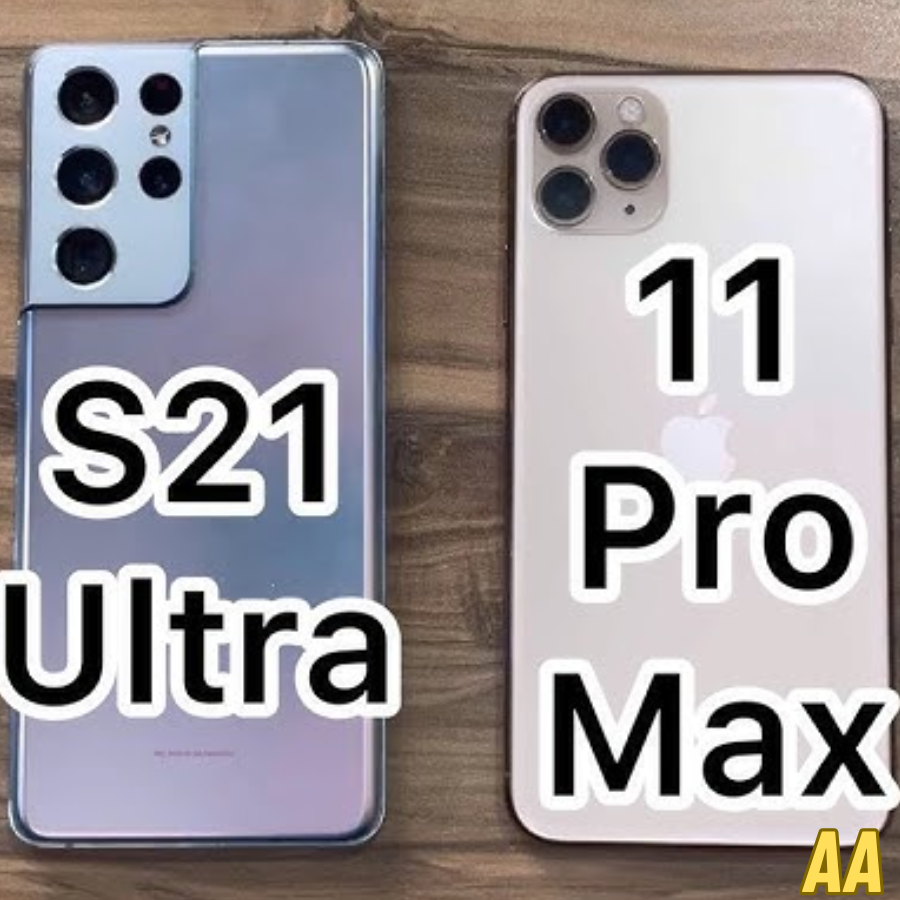
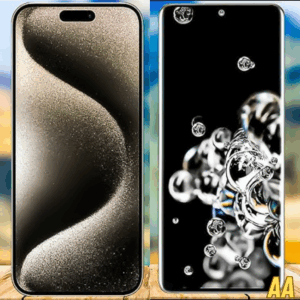
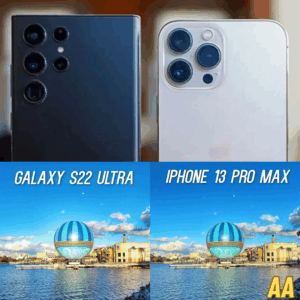
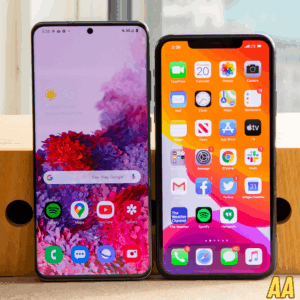

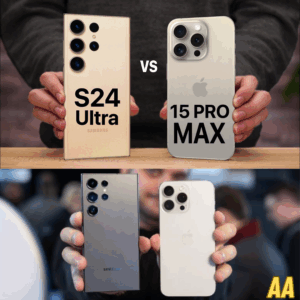
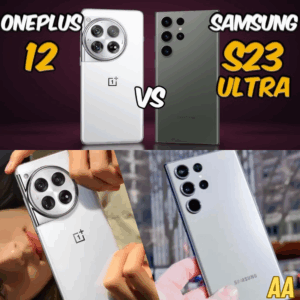
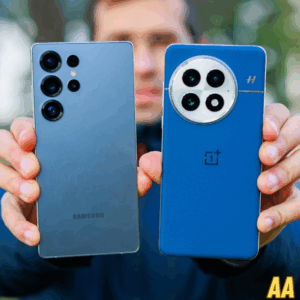
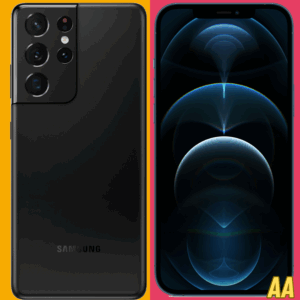
Trackbacks and Pingbacks